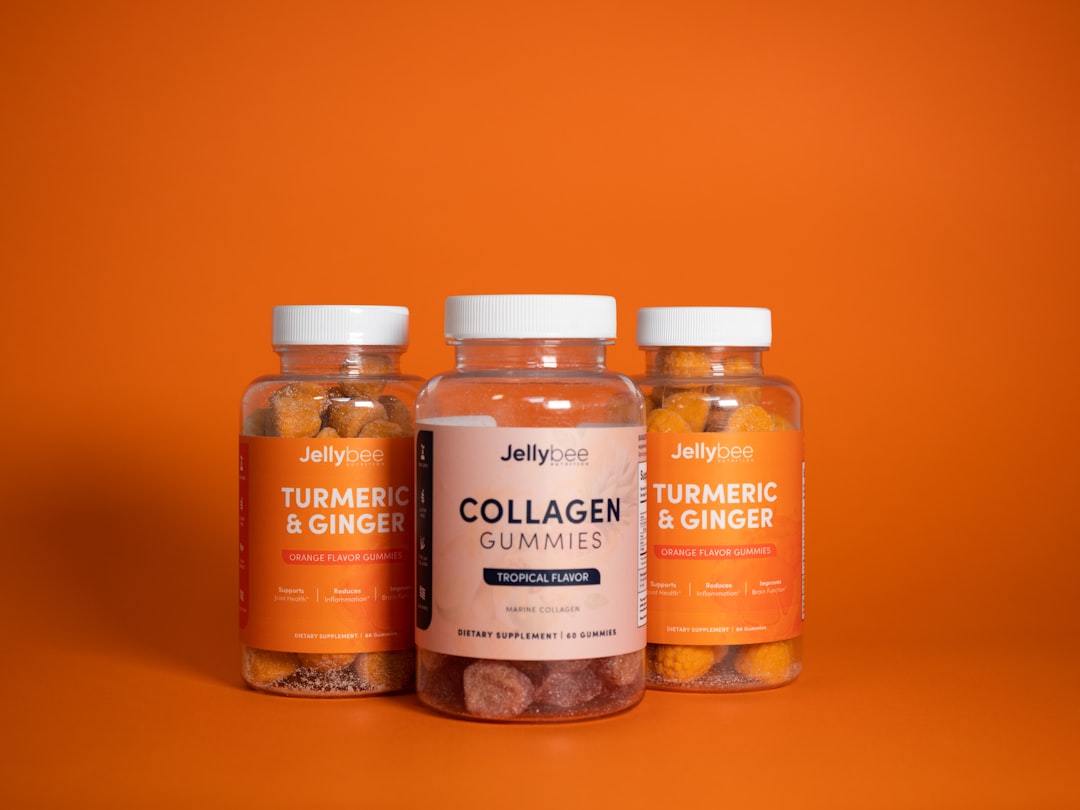Can a trending supplement help improve postpartum hair & skin? What to know before you try it
Are you noticing more hair in your shower drain or skin that’s lost its pregnancy glow? You’re not alone. As new mothers navigate the physical changes that come after childbirth, many are turning to a buzzy new wellness trend: colostrum-collagen supplements. But do they actually work? Let’s separate the hype from the reality.
What are colostrum-collagen supplements?
These trending supplements combine two distinct ingredients that have individually gained attention in the wellness space:
- Colostrum: The nutrient-rich first milk produced by mammals after giving birth, typically sourced from cows or goats
- Collagen: A structural protein naturally found in skin, hair, and connective tissues
Marketed as a powerful combination specifically for postpartum recovery, these supplements promise to address common concerns like hair shedding and skin elasticity issues.
The reported benefits
Scroll through social media and you’ll find no shortage of glowing testimonials from new mothers using these supplements. Common claims include:
- Reduced postpartum hair shedding
- Improved skin elasticity and hydration
- A visible “glow” returning to the skin
- Stronger, faster-growing nails
- General improvements in energy levels
While these personal accounts are compelling, they represent individual experiences rather than verified results.
The scientific reality check
Here’s where enthusiasm meets caution: limited clinical research exists specifically examining colostrum-collagen combinations for postpartum hair and skin health.
Both ingredients have been studied separately:
- Collagen has some evidence supporting benefits for skin elasticity
- Bovine colostrum contains growth factors and immune-supporting compounds
However, rigorous clinical trials focused on postpartum women using this specific combination are notably absent. This doesn’t necessarily mean the supplements don’t work—just that science hasn’t thoroughly evaluated the trend yet.
Safety considerations for new mothers
If you’re intrigued by these supplements, proceed with caution. As noted in our guidance on postpartum hair loss, it’s important to “avoid unregulated supplements ‘for hair growth’ without clinician guidance, especially when breastfeeding or if you have thyroid or iron conditions.”
This precaution applies equally to colostrum-collagen supplements. Always consult with your healthcare provider before starting any new supplement, particularly if you’re:
- Breastfeeding
- Taking medications
- Managing existing health conditions
What to look for before purchasing
If your healthcare provider gives you the green light to try these supplements, here are key factors to consider:
Third-party testing
Quality supplements undergo independent laboratory verification for:
- Purity (free from contaminants)
- Potency (contains what it claims)
- Heavy metal screening
- Microbial testing
Look for certifications or easily accessible test results on the company’s website.
Sustainability and ethical sourcing
Consider the wider impact of your purchase:
- How is the colostrum sourced? (Look for ethical animal treatment claims)
- Does the collagen come from sustainable sources?
- Does the company provide transparency about their supply chain?
Format and taste
Your consistency with any supplement depends largely on whether it fits your lifestyle. These products come in various forms:
- Powders (to mix with beverages)
- Capsules
- Gummies
- Premixed drinks
Choose a format that you’ll actually use consistently.
The bottom line: proceed with informed caution
The postpartum period brings significant physical and emotional adjustments. While seeking solutions for hair and skin changes is perfectly natural, approach colostrum-collagen supplements with realistic expectations:
- Consult your healthcare provider first
- Research specific brands thoroughly
- Consider starting with well-established postpartum recovery strategies
Your postpartum wellness journey is unique. Rather than chasing the latest trend, prioritize evidence-based approaches to support your recovery, including proper nutrition, hydration, rest (when possible!), and gentle skincare.
Remember that many postpartum changes resolve naturally with time. While supplements might offer support, they’re just one potential tool in your overall postpartum wellness toolkit—not a miracle solution.



